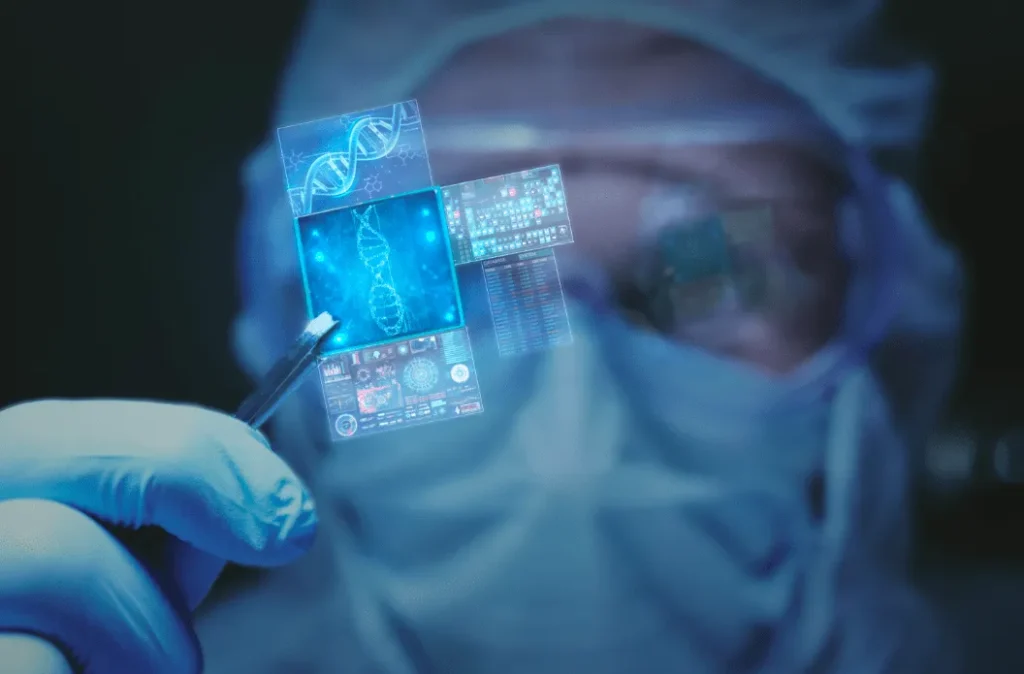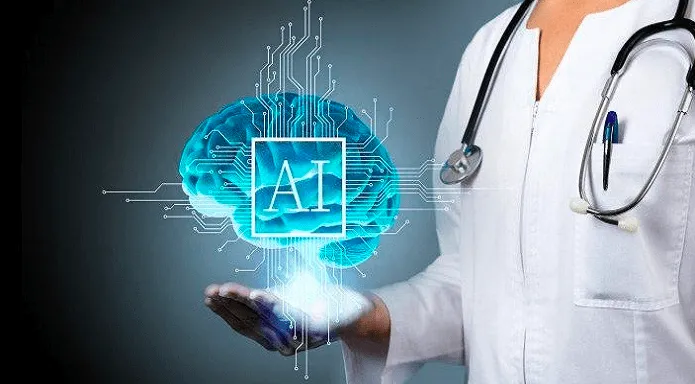How Machine Learning is Transforming Healthcare: An In-Depth Look
PUBLISHED
- October 3, 2024
- 4:39 pm
PUBLISHED
- October 3, 2024
- 4:39 pm

In recent years, advancements in machine learning have led to breakthroughs in the way medical professionals diagnose and treat patients. The technology has the potential to revolutionize the healthcare industry, but what exactly does that mean for patients and medical professionals alike? Let’s take a closer look at the impact machine learning is having on healthcare technology.
LIKE THIS
Areas Of Improvement


One area where machine learning is having a significant impact is in the field of diagnostics. With machine learning algorithms, medical professionals are now able to analyze vast amounts of data in real-time, making it easier to detect patterns and identify potential health issues. This can lead to earlier and more accurate diagnoses, ultimately improving patient outcomes. Additionally, machine learning algorithms are able to process large amounts of patient data and identify any potential risks, allowing medical professionals to take preventive measures before a health issue develops.
Another way machine learning is changing healthcare technology is by streamlining the administrative side. With machine learning algorithms, healthcare providers are able to automate a multitude of tasks, freeing up time for medical professionals to focus on patient care. For example, machine learning algorithms can be used to manage appointment scheduling, patient billing, and medical records. This not only improves the efficiency of healthcare providers, but it also ensures that patient information is securely stored and easily accessible when needed.
In addition to diagnostics and administrative tasks, machine learning is also playing a role in personalized medicine. By analyzing a patient’s genomic data, machine learning algorithms can help medical professionals understand a patient’s unique needs and tailor their treatment accordingly. This leads to improved patient outcomes and a higher level of patient satisfaction, as patients receive treatments that are tailored to their specific needs.
Exploring Further


One of the biggest challenges facing the healthcare industry is the need for data privacy and security. Machine learning algorithms can help mitigate this issue by securely storing and processing sensitive patient information. With machine learning, healthcare providers are able to ensure that patient data is stored and processed in a secure manner, while also making it accessible to authorized personnel when needed.
While machine learning has the potential to revolutionize healthcare technology, it’s not a one-size-fits-all solution. This technology must be properly implemented and used in conjunction with other medical tools and techniques in order to achieve the best possible outcomes. Additionally, machine learning algorithms must be trained on a diverse range of data in order to accurately reflect the complexities of the healthcare industry.
Still, the impact of machine learning on healthcare is undeniable. From improving diagnostics and streamlining administrative tasks, to personalized medicine and data privacy, machine learning has the potential to significantly improve the way medical professionals provide care to their patients.


As the healthcare industry continues to evolve and adapt, machine learning will play an increasingly important role in shaping its future. Whether it’s through improved patient outcomes or more efficient medical practices, machine learning is poised to have a lasting impact on the way we receive and provide care.









